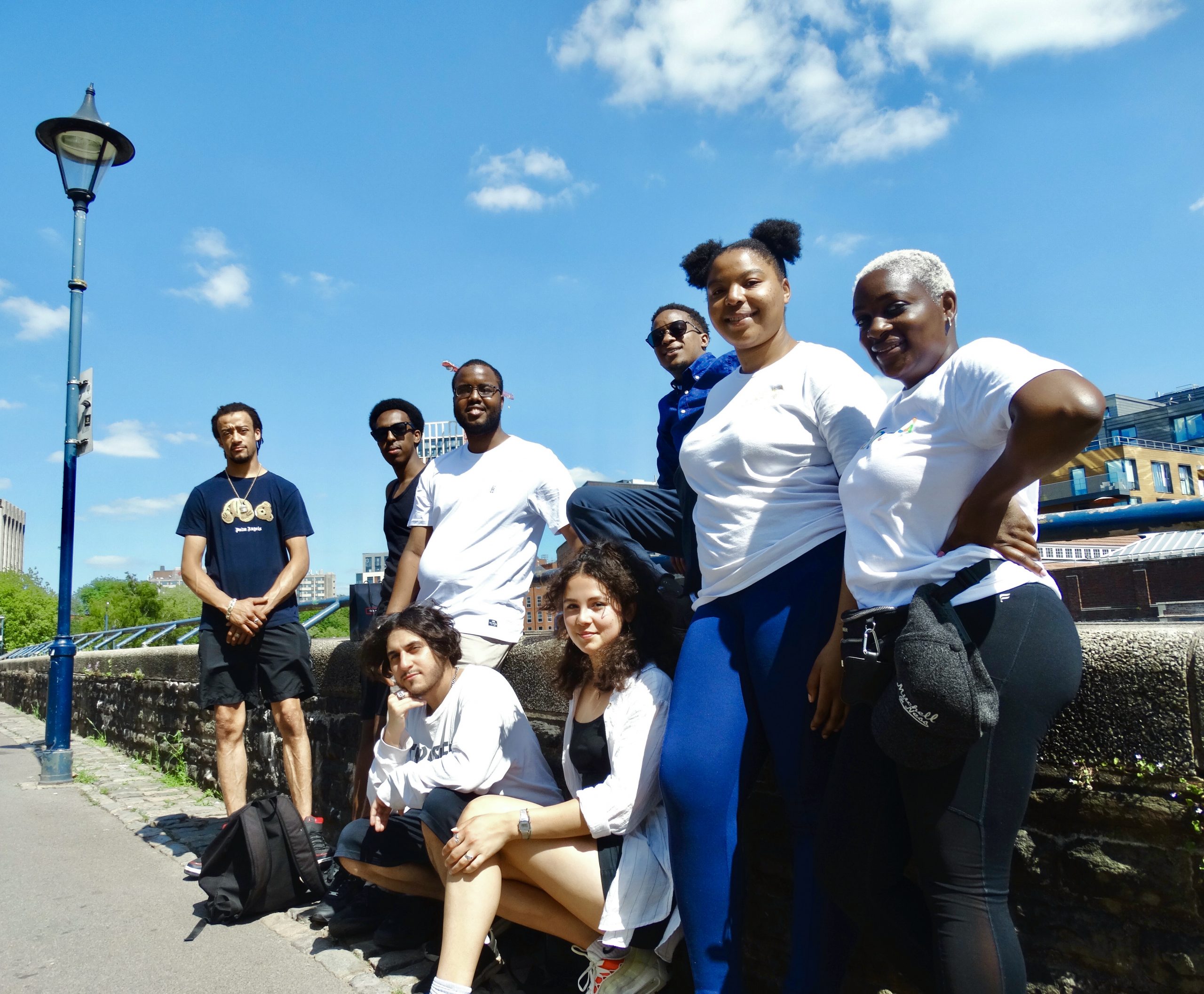Babbasa and the City Office have announced the ‘Our City 2030’ vision, a bold and positive target to support at least one person from each inner-city household in Bristol to secure a median salary (£30,353) by 2030. This vision aims to catalyse systemic change, inspiring both citizens and businesses to get involved in pursuit of a fairer future for young people and was included as a goal in the third iteration of Bristol’s One City Plan.
To celebrate the announcement, an online launch event was held by Bristol City Office bringing together wide-ranging city stakeholders to discuss initial ideas and share insight on how to get more young people into employment and training, as well as making opportunities fairer and more inclusive both now and in the future.
The event was opened by the Mayor of Bristol, Marvin Rees, outlining his commitment to Babbasa’s ‘Our City 2030’ vision through the overarching One City Plan. Babbasa then introduced the detail of the vision including the positive target to support at least one person from each inner-city household to secure a median salary (£30,353) by 2030.
“This vision aims to create real change across the city, taking individuals and families away from the poverty line.” says Poku Osei, Founder and CEO at Babbasa. “Our City 2030’ provides Bristol with a unique convening platform for businesses, community partners, education providers, funders, policymakers and young people to directly work together; to increase representation within the workplace, and reduce prejudice and inequality in the city we all love.”
Through the One City Plan, Bristol has already committed to delivering the Sustainable Development Goals. ‘Our City 2030’ will help to reinforce that commitment and create added momentum to the ambitions we have for Bristol, working towards building a fairer, healthier and more sustainable city for all.
As Mayor of Bristol, Marvin Rees has been working with many partners to address the immediate and long-term challenges the city faces, driving forward a more partnership-based approach to these issues and recovery as a whole. Supporting the launch event, he said “This great collaborative work has Babbasa at the forefront. By using the One City Approach we know we can make a positive difference to all of Bristol’s communities. We have the One City Plan in place, and by working with city partners together we can deliver it. These ambitious goals include addressing inequalities and helping all young people in Bristol to reach their full potential by 2030.”
Currently, Bristol is ranked the 7th worst out of 348 districts in England and Wales for inequalities experienced by ethnic minorities. Over 60% of ethnic minorities in Bristol live in the inner-city areas of economic disadvantage which have only been exacerbated by the adverse impact of the pandemic on class inequality and racial tensions. Challenges that are likely to impact the life chances of young people from low income and ethnic minority inner city communities, for more than a generation.
‘Our City 2030’ aims to:
- Support young people to acquire meaningful employment
- Help increase representation and inclusion within the workplace
- Drive city strategy and momentum for more purposeful cross-sector collaborations
Main photo credit: Qezia Gill and Bhagesh Sachania

